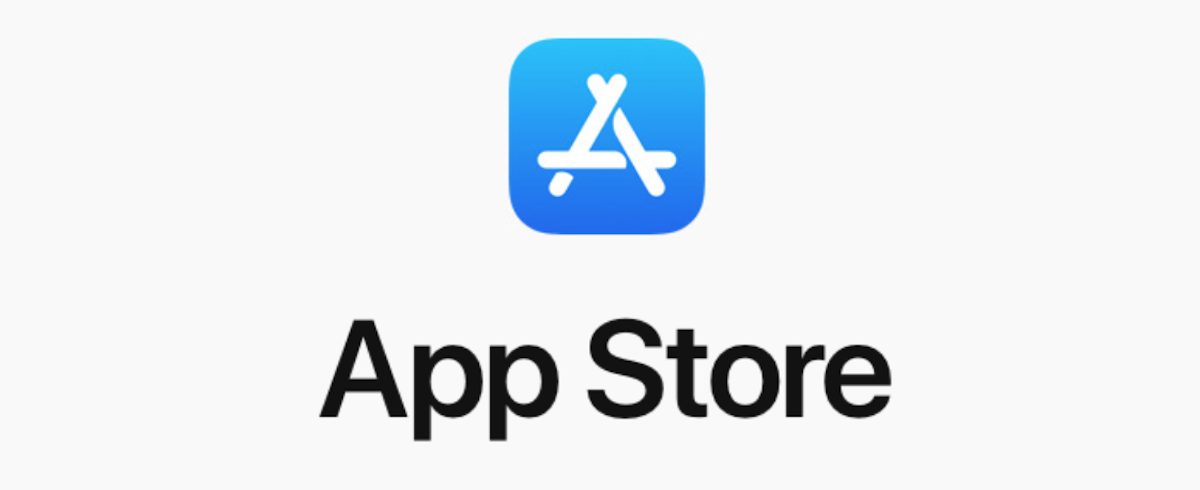Recently, the tech industry saw Apple and Epic Games lock horns over the App Store payment policy. The iPhone maker charges all developers, on its digital eco-system, a 30% revenue cut of in-app purchases and uses that capital is to invest in the development of the App Store.
However, many developers are protesting against this share in revenue and demand that Apple reduces the percentage of the cut. Spotify, Epic Games, Facebook, Basecamp, and others have been vocal against App Store policy. Spotify has filed a complaint to the European Commission of Anti-competitive behavior by the iPhone maker and now Epic has filed a lawsuit to bypass the company via the direct payment method. In response to all the protests and complaints, Apple has always justified its 30% share cut and said that the companies and developers do not wish to comply with the rules.
For the common man, the question arises, is the 30% share cut really worth spending hundreds and thousands of dollars in legal fees to fight against and defend it in court? We have all the details for you to understand stakes at hand and pick a side.

Why does Apple Charges 30% share cut on the App Store?
For developers, Apple’s digital store is a complete development and services package deal which includes the following:
- Gives access to a billion customers worldwide
- Offers robust tools, compilers, APIs, languages, and SDKs in the Apple Developer Program for the creation of innovative apps.
- Provides free marketing opportunities via store design which includes social marketings, search tools, the new Today editorial feature, top lists, and personalized recommendations.
- Through reviews and then approves every app on the platform to give consumers safe choices. All updates of the available apps are also reviewed for approval. The company explains that “For example, we strictly prohibit any app that features pornographic material, discriminatory references, torture, and abuse, or anything else in exceptionally poor taste.”
- Offers programs to learn to code like App Accelerator, Apple Developer Academy, Apple Entrepreneur Camp, WWDC scholarships and Everyone Can Code.
Developers set the price of the products and pay a 30% commission only when a digital good or service bought through the app (in-app purchase) and that money is invested in all the aforementioned services offered to them on the App Store.
Apple states,
This report by Analysis Group is a comparison of commission rates of Apple and other digital markets that corroborates Apple’s claims.
“Apple’s App Store ecosystem facilitates interactions between app developers and nearly one billion Apple device owners globally. To promote its success, Apple provides developers with distribution, search, and review services, as well as a set of tools to build and monetize apps. Apple also invests in the safety of the App Store and in developing new technologies and functionalities.
While Apple charges developers an annual fee to enroll in its Developer Program and upload apps to the App Store, Apple does not charge developers to offer each individual app on the App Store, to distribute updates to users, or to access Apple’s app analytics, marketing, and developer tools. Apple receives a commission from developers when users download paid apps and make in-app purchases of digital content, services, and subscriptions.”
The report concluded that the Cupertino tech giant’s commission rate is similar to those of other competing app stores and digital content marketplaces like podcasts, eBooks, and more.
“Developers earn a substantially higher share of total sales made through digital marketplaces, including the Apple App Store, than through many brick-and-mortar channels.”
Does Epic pay 30% commission only to Apple?
Although the commission is not disclosed publicly by all consoles makers, as per various reliable reports, Sony, Microsoft, and Nintendo all charge 30% commission on in-app purchases made on their hardware. These purchases are all processed through the payment gateways provided by these console makers and bypassing them is not allowed. Epic happily complies with the rules set out by these companies.
Apple’s App Store is a half a trillion dollars digital marketplace that benefits all parties; the company, developers, and consumers. The recent bickering is very eloquently explained by
“If developers can avoid the digital checkout, it is the same as if a customer leaves an Apple retail store without paying for shoplifted product: Apple does not get paid,”
In simpler words, think of Apple as a shop keeper who is using resources like space, electricity, manpower, and time to sell third-party products. Now this shopkeeper is being asked to earn zero dollars when a customer purchases a product and sends the complete payment to the manufacturer. In such a situation, how will the shopkeep earn?
9 comments